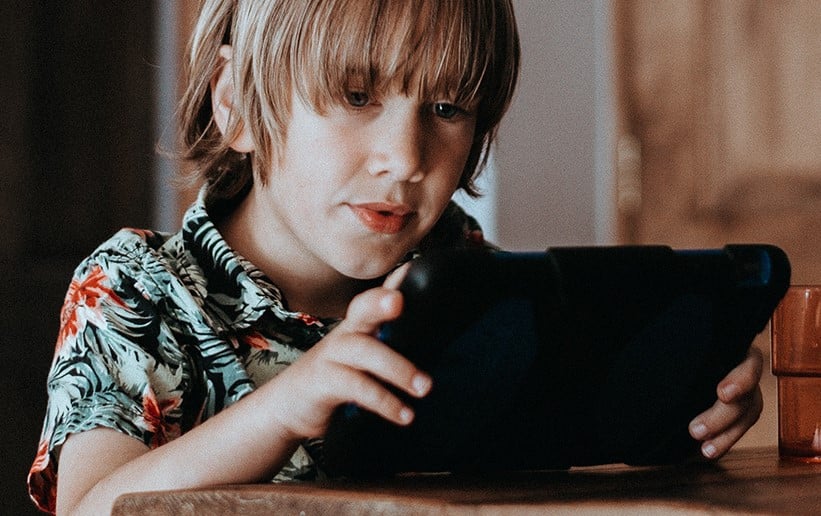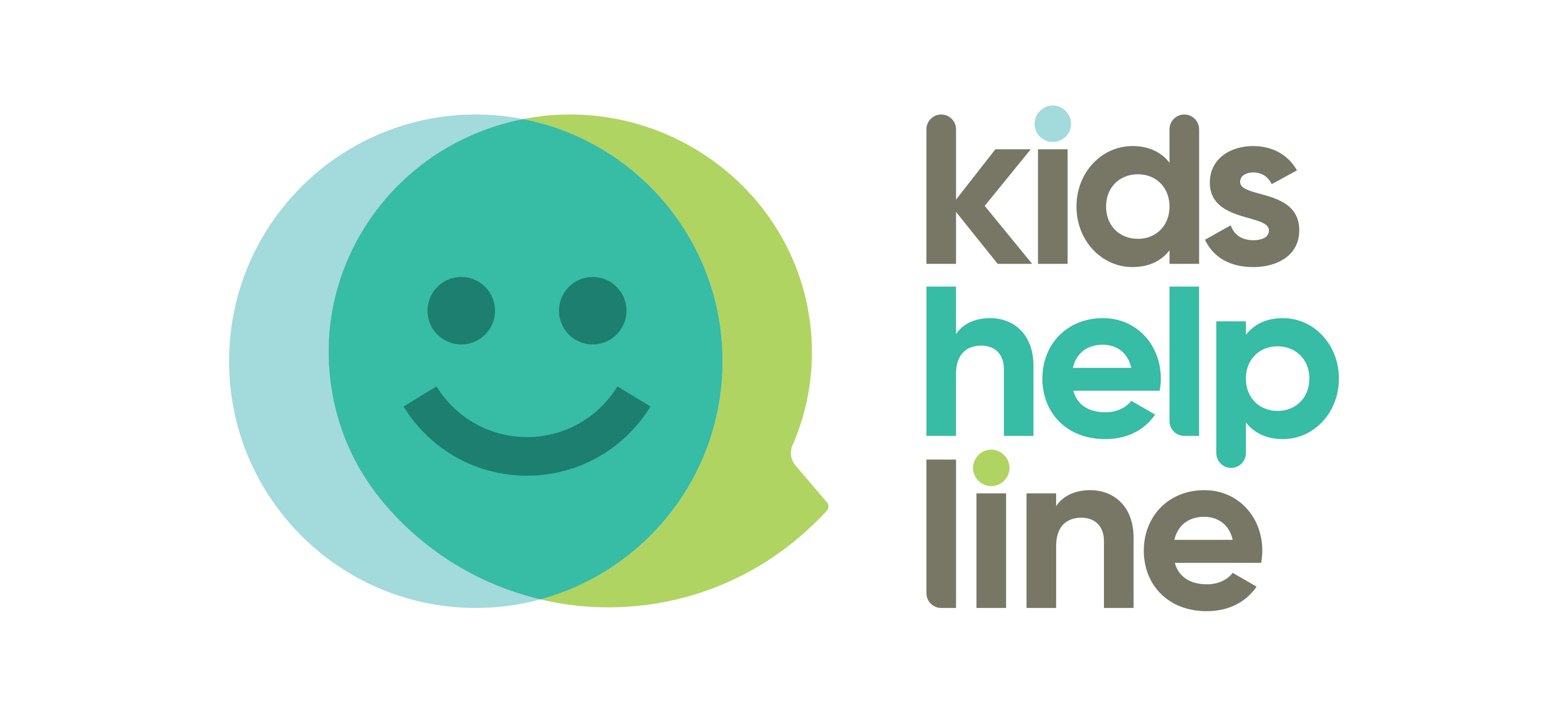Social media and mental health
The impact of social media on mental health and ways to improve your digital wellbeing
Social media has become a normal part of everyday life. Some people use it to stay up to date with friends, check out the latest dance trends, or connect with online communities.
This page looks at the effects social media can have on our mental health, including social media anxiety. It also explores the positive benefits of social media, guidelines for healthy social media use, as well as online mental health resources.


On this page
Traditional social media
Social media is most well-known for giving people the opportunity to create content—like upload photos and post about what they’re up to—then publicly share these with friends and contacts. Such platforms include:
Facebook (owned by Meta)
Instagram (owned by Meta)
TikTok
X (formerly known as Twitter)
Snapchat
Other types of social media
YouTube
Reddit
Roblox
4chan
Twitch
There is some crossover with messaging platforms that enable users to interact with large audiences, such as Discord and Slack.
What is not social media
Whatsapp
Facebook Messenger
However as they evolve, they are becoming more like traditional social media platforms as they distribute content amongst groups.

Set time limits

Unplug occasionally

Go offline and get outside

Remember it’s a business

Curate your feed

Control your notifications

Beat the infinite scroll

Learn about cyberbullying

How parents can talk to their children about social media
1. Recognise the signs of concern
2. Start with empathy and understanding
3. Lead by example and set clear boundaries
4. Seek professional support when needed
Early intervention is key to minimising the impact of mental health concerns. If your child shows signs of distress related to social media or their mental health, don’t hesitate to reach out for professional help. Getting support quickly can make a big difference. The sooner parents notice concerns and act, the better the outcome will be.
5. Put your own oxygen mask on first – take care of yourself
Parenting in this digital age is challenging. Remember that your mental health is just as important. According to Beyond Blue research, one in three parents experience issues with their mental health. The good news is that support is available, and parents can do things to help their kids, themselves, and navigate these challenges in ways that protect their mental health. Practicing self-care, reaching out for support when needed, and making time to recharge can make a world of difference in your family’s overall wellbeing.
Key takeaways for parents and caregivers
- Recognise the signs of concern and act early
- Talk openly about social media and its impact on mental health
- Set boundaries for screen time, ensuring real-life connections come first
- Model balanced social media use and encourage offline activities
- Don’t hesitate to seek professional help as soon as its needed
- Take care of your own mental health so you can better support your child.
said the effect was both positive and negative
said it was generally positive
said it was generally negative
The top 3 reasons for using social media:
to connect with family and friends
for learning and entertainment
to connect with people with similar interests
Most common negative effects of social media:
taking people away from other activities
making people feel bad about themselves
Signs that social media is affecting your mental health
- You feel more distracted than usual
- You’re neglecting responsibilities at home, work, or school
- You’re comparing yourself to others online with envy or dissatisfaction
- You’ve started withdrawing from family, friends, and activities you normally enjoy
- You catch yourself endlessly scrolling online
- You’re being cyberbullied
- You don’t sleep as well
- You feel down, flat, anxious or irritable after being on social media
Beyond Blue and the social media ban
- Social media companies should mitigate mental health harms from their platforms.
Beyond Blue advocates that there should be a focus on safety by design from social media companies, putting the onus back on social media companies to ensure the safety of its younger cohort of users - Social media literacy interventions are key to improving mental health and wellbeing outcomes.
Beyond Blue advocates that governments should continue to invest in high-quality, evidence-based social media literacy resources tailored to the needs of the younger users.
Kids helpline

Kids Helpline is a free, private, and confidential 24/7 phone and online counselling service for young people aged 5 to 25. Call 1800 55 1800 to talk to a counsellor.
Beyond Blue

If you’re going through a hard time right now, the Beyond Blue Support Service is available 24/7 for brief counselling. For free, confidential counselling, call 1300 22 4636.
Further information and resources
Manage your wellbeing with mental health and meditation apps. Popular ones include Smiling Mind, Calm and Headspace.
- Update your account settings to hide ‘likes’ on your own posts or post in your social media feed. See how on Instagram here.
- Explore apps that limit social media time, such as One Sec, Freedom, and Rescue Time. A great one of parents is Screen Time.
- Familiarise with social media platform policies and rules. Here are Facebook’s community guidelines.












